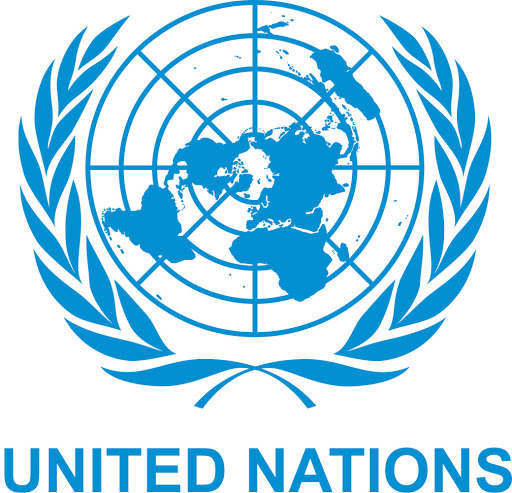By Akanimo Sampson
Concerns are growing around the world on the surging prices of basic household products in Nigeria and other countries.
Some agencies of the United Nations say there are cases of price gouging for essential hygiene consumer products such as masks, hand sanitizer and basic household products have surged.
The situation, according to the United Nations Conference on Trade and Development (UNCTAD), is forcing governments to insert price caps in France, Greece, India, Italy, Kenya and Nigeria.
UNCTAD says the coronavirus pandemic has opened the floodgates of unfair, misleading and abusive business practices, hitting consumers hard and leaving the most vulnerable ones more disadvantaged.
Misleading advertisements with false claims are also flourishing, ranging from products claiming to prevent COVID-19 infection to fake test kits.
Financial fraud schemes soliciting false donations and using phishing techniques are also on the prowl.
Head of UNCTAD’s Competition and Consumer Policies Branch, Teresa Moreira, says “this crisis has triggered many unfair business practices and criminal activities. Firmer action is urgently needed to protect consumers.”
According to Ms. Moreira, several consumer protection authorities are monitoring their markets and taking remedial steps, but more needs to be done.
Fraudsters and opportunists are emerging across the world, prompting a network of consumer protection authorities in the European Union to issue a common position statement asking online platform operators to monitor and a crackdown on scams and unfair practices in the COVID-19 context.
Mexico closed a laboratory for marketing fake COVID-10 tests.
Korea clamped down on misleading advertising for goods such as air purifiers and humidifiers, after identifying 53 advertisements by 45 businesses that claimed their products could prevent the coronavirus. It also provided consumer counselling call centres for COVID-19 specific complaints.
Likewise, Colombia launched an app for consumers to report breaches of consumer protection rights related to COVID-19 in real-time.
The Dominican Republic, France, Mexico, Morocco, and Spain, among others, have also created dedicated online portals hosting updated information for consumers.
The United States has provided tips for avoiding COVID-19 scam.
Some African governments are imposing sanctions, running public service announcements to guide consumers and businesses as well as collaborating with relevant stakeholders to protect consumers, according to the African Consumer Protection Dialogue Network.
To support hardest-hit vulnerable and disadvantaged consumers, countries such as France and Spain have suspended the payment of bills for utilities such as energy and water.
This is in line with UN guidelines for consumers’ protection, which advocates for consumers’ access to essential goods and services and for the protection of vulnerable and disadvantaged consumers.
The guidelines urge countries to cooperate to improve the conditions under which essential goods are offered to consumers, giving due regard to both price and quality.
Such cooperation may include joint procurement of essential goods, exchange of information on different procurement possibilities and agreements on regional product specification.
UN Secretary-General, Antonio Guterres, while calling for a coordinated global response to the pandemic, says “more than ever before, we need solidarity, hope and the political will to see this crisis through together.”
Recommended actions
UNCTAD recommends that governments take nine key actions to better protect consumers during the COVID-19 crisis:
Set up coordination mechanisms composed of relevant government authorities, including health, customs, consumer protection and competition authorities to ensure coherent responses.
Set up special market monitoring initiatives on essential consumer goods, including those that help curb infection such as masks and hand sanitizers.
Evaluate the viability of imposing price caps for certain products, such as masks and hand sanitizers.
Undertake enforcement action against excessive price increases or hoarding of goods; misleading and false claims.
Urge major online platforms to cooperate in identifying such practices.
Attend to the needs of vulnerable and disadvantaged consumers, particularly to ensure their access to essential goods and services, such as water, energy and financial services.
Consider the possibility of extending deadlines for payment of monthly utility bills and credit cards, in cooperation with financial institutions.
Launch campaigns to inform consumers on scams and misleading and unfair business practices related to COVID-19; and on how to file complaints, showing the avenues for redress.
Cooperate with other consumer protection agencies by exchanging information on coronavirus-related national policies and measures in the field of consumer protection.

